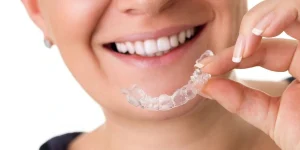
Teeth Alignment Or Straightening: Know The Difference
If you want a better smile, first you need to

If you want a better smile, first you need to
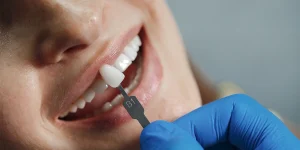
Veneers are ultra-thin shells bonded to the front surface of
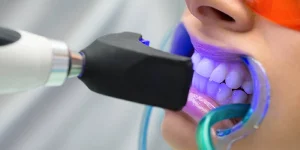
Professional teeth whitening delivers dramatic results fast. Still, patients ask
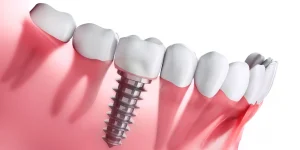
The dental implant healing time marks the period from your
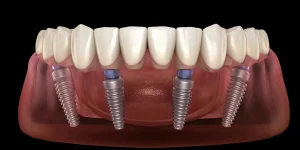
When you consider multiple implants, you may wonder how many

When surgery ends, you feel two things at once: relief